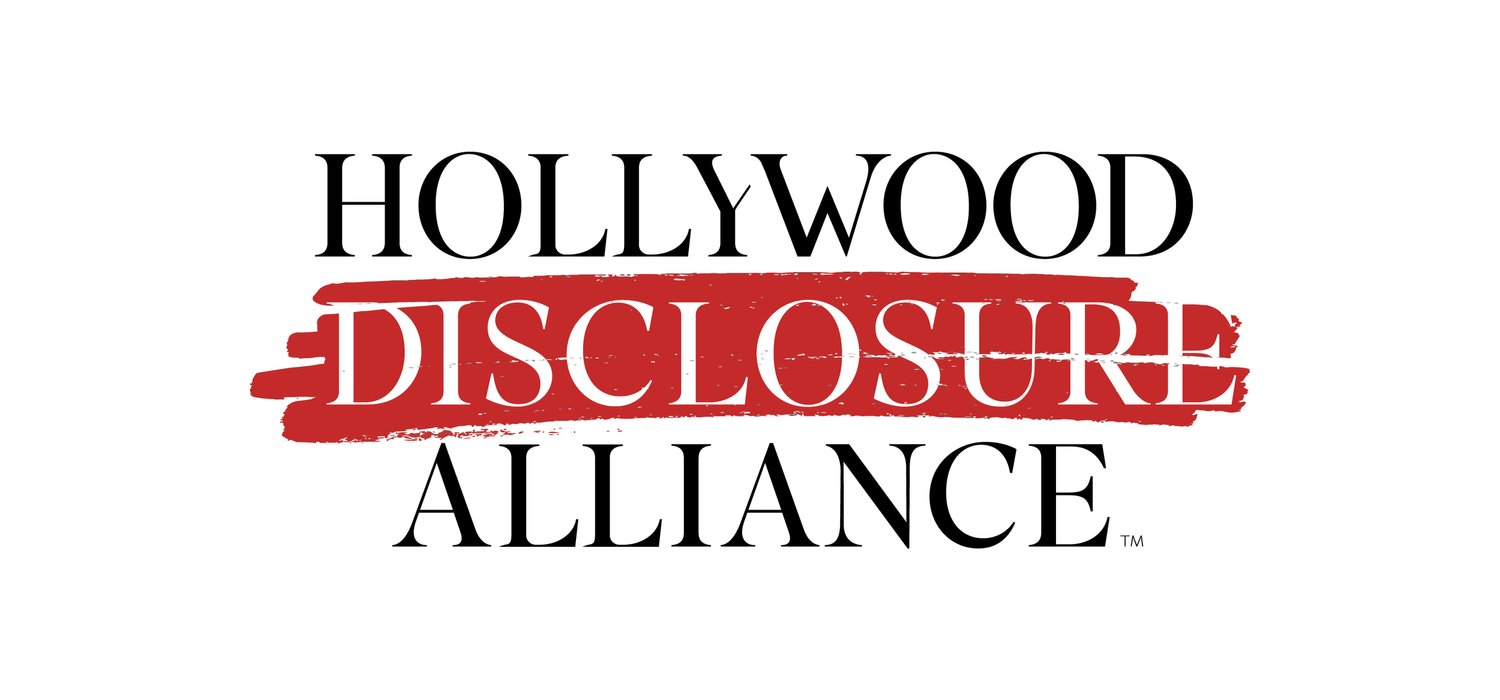Richard Martini
Richard Martini is an award-winning American film director, producer, screenwriter, composer and freelance journalist. He graduated Magna Cum Laude from Boston University with a degree in Humanities, attended USC Film School, and has a Masters from USC (2008) from the Master of Professional Writing program.
His first documentary film Special Olympians won the 1980 Mexico City International Film Festival. He made his feature film directorial debut with the “quintessential 80’s comedy You Can't Hurry Love, which featured the debut of Bridget Fonda. Martini left USC to work for writer / director Robert Towne (Chinatown and Mission Impossible).
Martini’s first writing credit is from My Champion with Yoko Shimada (TNT). He then wrote the Charlie Sheen / Alan Ruck comedy Three For the Road for Vista Films. He has written and / or directed eight theatrically-released features, including Limit Up, starring Nancy Allen and Ray Charles, and Point of Betrayal, (Winner “Best Film” at the Palm Beach International Film Fest 1996), with Rod Taylor.
He co-wrote and directed Cannes Man, which includes cameos by Johnny Depp, John Malkovich and others. His film Camera – Dogme #15, was the second U.S. film designated as Dogme95. His documentaries include Tibetan Refugee, White City / Windy City (for the U.S. State Dept.), Journey Into Tibet, and Flipside: A Journey into the Afterlife.
Among Martini’s TV credits include writing a series with Barry Kemp at Universal, producing segments on the Charles Grodin Show on CNBC, and writing a miniseries for HBO about the House of Medici. He also worked as digital media curator on the feature films Amelia and Salt. As an author, he has bestselling books (on kindle) Flipside: A Tourist's Guide on How To Navigate the Afterlife, It’s a Wonderful Afterlife, and Hacking the Afterlife. He’s writing a theatrical motion picture for Scott Stuber (Netflix) based on “Rip Van Winkle.”
He has written for Inc.com, Premiere, Variety and has taught filmmaking at “The Workshops,” in Maine, the Loyola Rome Center, and Loyola Marymount University’s school of Film and Television in Los Angeles. His books Flipside, Architecture of the Afterlife, and Divine Councils in the Afterlife include interviews with “Aliens” or people who are seeing aliens, and are able to ask them direct questions.

